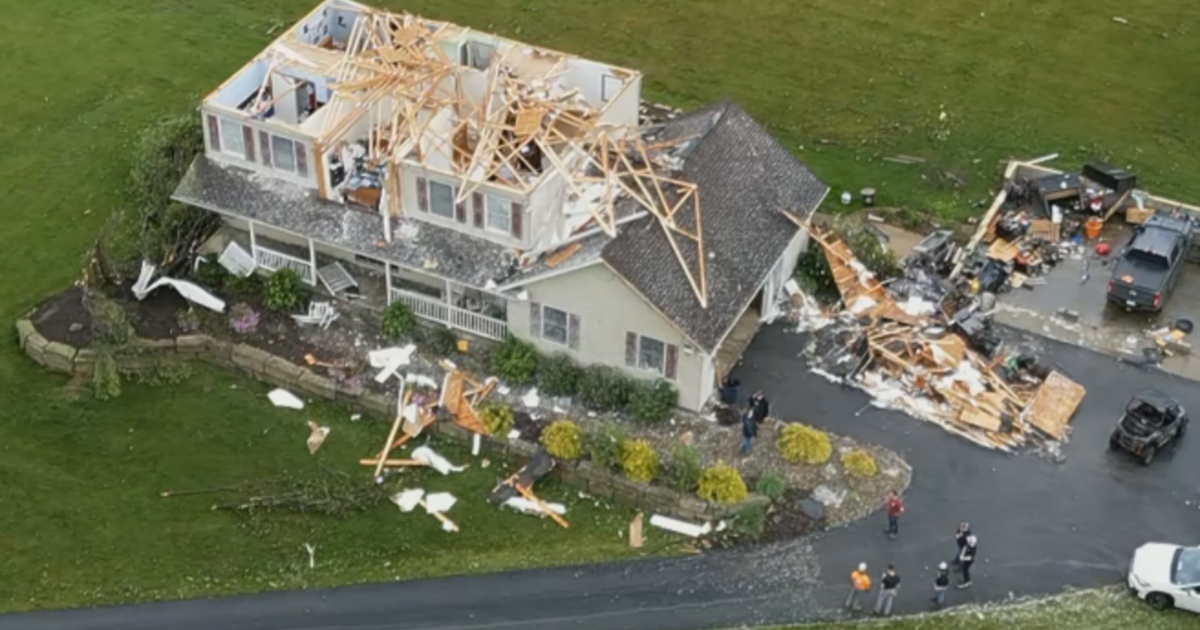Independent testing finds high levels of acrolein near train derailment site and Beaver County
PITTSBURGH (KDKA) — It's been a month since a train derailed in East Palestine, Ohio.
Since then, there has been a release of chemicals and burning of them as well. This has caused concerns about air quality.
According to the findings by Carnegie Mellon University and Texas A&M University, there is a compound called acrolein that was in the air. Some of East Palestine had levels that were three times as high as in Downtown Pittsburgh.
Acrolein can form during combustion and be an irritate to your lungs.
"This is sort of a snapshot. It doesn't necessarily represent what the long-term situation is," CMU mechanical engineering professor Dr. Albert Presto said.
Presto said the air monitoring was done on Feb. 20 and Feb. 21. Other chemicals matched EPA reports, as did the acrolein levels. He said to know what this means for the long term, more studies would need to be done.
A map from researchers shows where the levels were higher and lower. The crash site and Beaver County saw higher levels, while some areas west of the village saw levels up to five times lower than Downtown Pittsburgh.
"Communicating risk is extremely hard, but I think people understand risk is not binary," Dr. Presto said.
The EPA has said it would deploy its own mobile testing lab for the area. This report from CMU and Texas A&M expands on its report where trace amounts of other chemicals were found to be at above normal levels.
According to the professor, for this compound to be in the air, it has to be coming from something. At this point, the fireball and smoke would no longer be the source of anything in the air.
"Anything we are measuring now means there's a source locally. We don't speculate on the nature of that source at this point, but it has to be coming from somewhere," Dr. Presto said.
He said for people living in the Pittsburgh area, it would dilute by the time it travels here so it would be negligible on any readings. At this point, they are not sure if they will be doing more studies on the air quality. Once they know more about what the EPA is doing, they will make their decision.
KDKA-TV reached out to the EPA about these findings but did not heard back.




